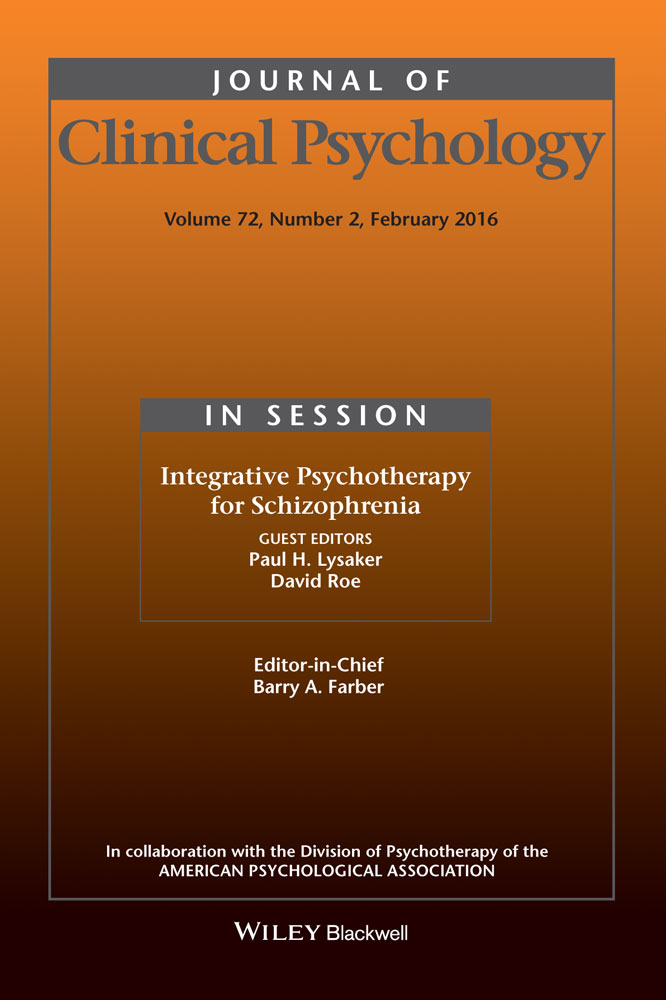Psychological Therapy for At Risk Mental State for Psychosis in a Prison Setting: A Case Study
Abstract
There is a very high prevalence of psychosis in U.K. prisons; moreover, a significant number of prisoners meet risk criteria for psychosis. We provide a report of psychological therapy with a client who met risk criteria for psychosis that took place in a prison setting. We applied a self-reflectivity framework when formulating the case, which we believe allowed the flexibility required by the presenting problem and, crucially, the demands of the setting. This approach had two key advantages. First, it enabled the therapist to tailor the work according to the level of self-reflectivity demonstrated by the client. We believe this approach ensured that the client understood the therapist's interventions. Second, it helped prepare, and choose a appropriate point, for a move to more traditional interventions for managing the client's main presenting problem. We believe this work represents progress in working with clients in this complex and demanding setting.




